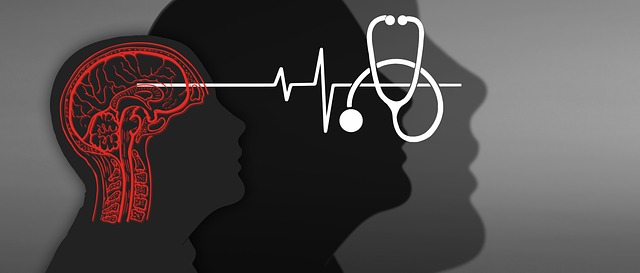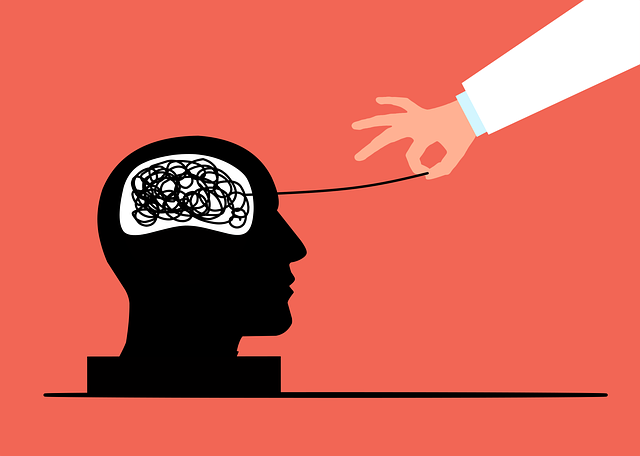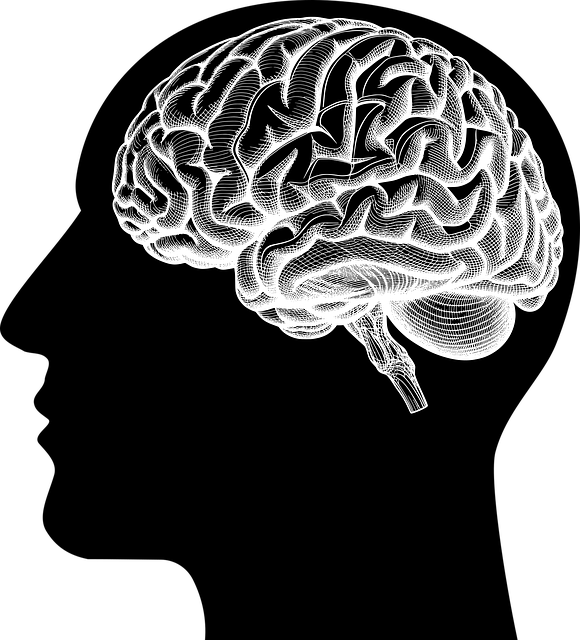Mental Health Literacy is crucial for effective education programs, empowering individuals with knowledge about mental wellness. Parker Hebrew Speaking Therapy leads community education efforts with tailored initiatives like Conflict Resolution and Stress Management workshops, addressing cultural nuances and challenging stigma. Their approach, emphasizing language and context, creates safe spaces for honest dialogue. By designing engaging content for diverse audiences and employing a structured continuous improvement process, Parker Hebrew Speaking Therapy ensures their Mental Health Education Programs remain impactful and aligned with best practices, setting a standard for comprehensive mental wellness coaching.
Mental health education programs play a pivotal role in fostering well-being. This article explores the design and implementation of effective initiatives, with a focus on cultural sensitivity and engagement across diverse audiences. We delve into proven strategies, such as the Parker Hebrew Speaking Therapy Approach, which demonstrates the power of tailored, inclusive methods. Understanding mental health literacy forms the foundation for successful programs, while evaluation and continuous improvement ensure their long-term impact.
- Understanding Mental Health Literacy: A Foundation for Effective Programs
- Parker Hebrew Speaking Therapy Approach: Cultural Sensitivity in Action
- Designing Engaging Content: Strategies for Different Age Groups and Backgrounds
- Implementation, Evaluation, and Continuous Improvement of the Program
Understanding Mental Health Literacy: A Foundation for Effective Programs

Mental Health Literacy serves as the bedrock upon which effective mental health education programs are constructed. It equips individuals with a comprehensive understanding of mental wellness, including recognizing common conditions like anxiety and depression, differentiating normal emotional fluctuations from potentially disruptive patterns, and knowing when professional help is required. This foundational knowledge empowers people to make informed decisions about their own mental health and effectively support others.
At Parker Hebrew Speaking Therapy, we recognize the importance of fostering Mental Health Literacy within communities. Our tailored programs, including Conflict Resolution Techniques and Stress Management Workshops, are designed to promote open conversations about mental wellness, challenge stigma, and equip participants with practical tools for managing stress and navigating difficult emotions. By investing in these educational initiatives, organizations like ours contribute to creating a society where mental health is prioritized and supported on both individual and collective levels.
Parker Hebrew Speaking Therapy Approach: Cultural Sensitivity in Action

The Parker Hebrew Speaking Therapy Approach is a unique and innovative method that prioritizes cultural sensitivity in mental health education and treatment. This approach recognizes the profound impact that cultural background can have on an individual’s mental wellness, particularly within communities where traditional therapy models may not resonate. By employing a language-specific strategy, this therapy facilitates open dialogue and creates a safe space for clients to express their experiences honestly.
This method goes beyond mere translation, aiming to understand and integrate the nuances of different cultural perspectives. It empowers therapists to adapt their strategies, ensuring that interventions are culturally relevant and effective. This sensitivity is crucial in addressing issues like burnout prevention and mood management, as it allows for tailored solutions that address not just symptoms but also the underlying cultural factors influencing mental health. Moreover, its application can significantly enhance the development of comprehensive mental wellness coaching programs, making them more inclusive and impactful.
Designing Engaging Content: Strategies for Different Age Groups and Backgrounds

Designing engaging content is a key aspect of creating effective Mental Health Education Programs Design tailored to diverse audiences. When it comes to addressing mental health, understanding the unique needs and cultural backgrounds of different age groups is essential. For instance, programs aimed at adolescents should incorporate interactive elements like role-playing scenarios and peer discussions to capture their attention and encourage open conversations about emotional well-being. This approach aligns with the Parker Hebrew Speaking Therapy methodology, which emphasizes the importance of language and cultural context in therapeutic practices.
On the other hand, adult learners might benefit from more structured presentations and case studies, allowing them to apply learned concepts to real-life situations. Incorporating diverse perspectives and experiences within the content ensures that the Mental Health Awareness initiatives resonate with individuals from various backgrounds, fostering inclusivity and effective crisis intervention skills. By tailoring the delivery method to suit different age groups, organizers can ensure that the Crisis Intervention Guidance provided is both meaningful and actionable for every participant.
Implementation, Evaluation, and Continuous Improvement of the Program

Implementing a mental health education program requires a structured approach to ensure its effectiveness and reach. Parker Hebrew Speaking Therapy emphasizes the importance of continuous improvement, where each step is met with careful evaluation for optimal results. This process involves setting measurable goals, engaging participants through interactive workshops and sessions, and collecting feedback to refine the curriculum. Regular assessments help track mental wellness progress and adapt coaching programs to cater to diverse needs.
For instance, conducting post-program surveys and one-on-one interviews allows for qualitative and quantitative analysis. By examining participant experiences and outcomes, therapists and educators can identify areas of success and potential challenges. Integrating this feedback into the development process, as seen in the creation of Mental Wellness Coaching Programs, ensures that risk assessment techniques for mental health professionals are up-to-date and aligned with best practices. This iterative method guarantees a dynamic program that remains relevant and impactful over time.
Mental health education programs play a pivotal role in fostering well-being and resilience. By incorporating culturally sensitive approaches like the Parker Hebrew Speaking Therapy methodology, we can create inclusive and effective initiatives. This article has explored key components of program design, from building foundational literacy to engaging diverse audiences. Implementing evidence-based strategies, continuously evaluating outcomes, and embracing cultural adaptability ensure that these programs resonate with all participants. The Parker Hebrew Speaking Therapy model serves as a powerful example, demonstrating the impact of tailored interventions on mental health awareness and support.














